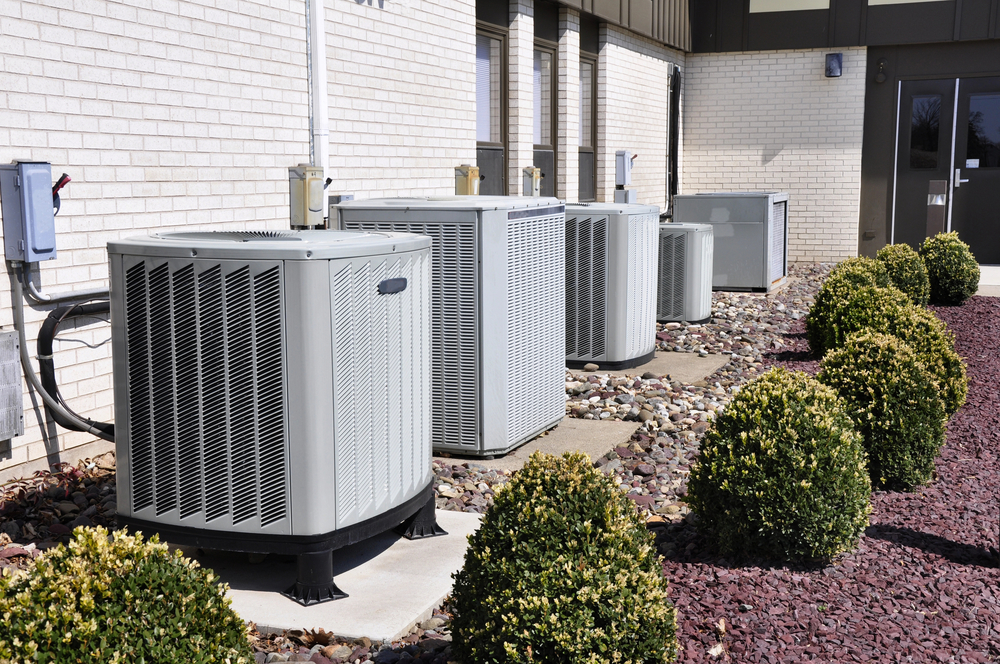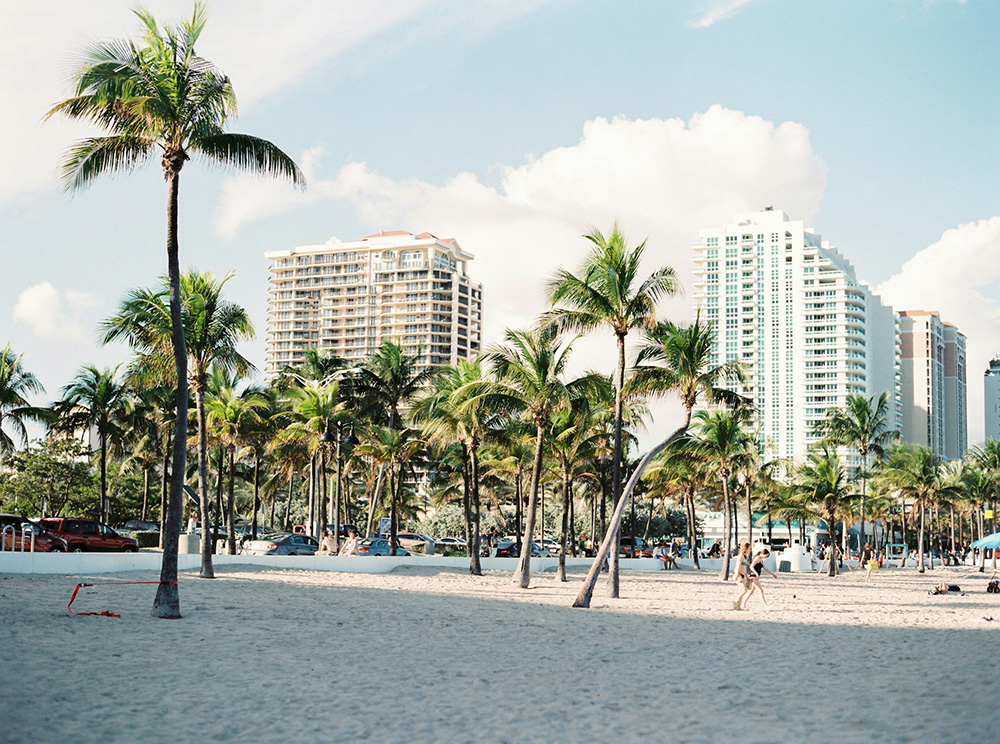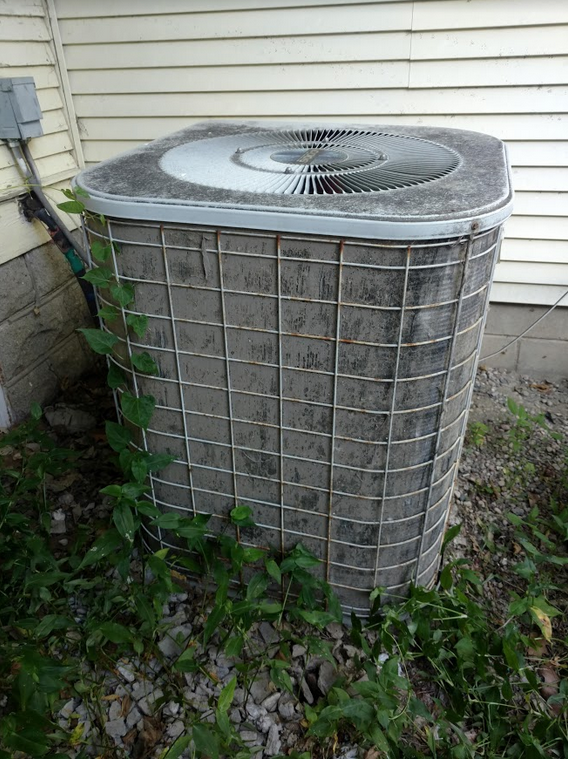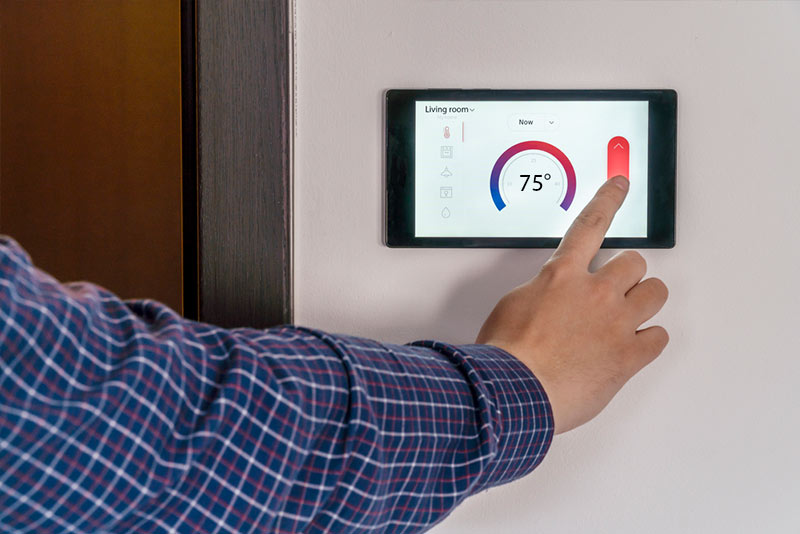How Coastal Air Affects Your AC: Preventing Salt and Humidity Damage
Nov 1, 2024

Living near the coast is a dream for many, but it’s also tough on air conditioning systems. The salt in the air, high humidity levels, and strong coastal winds all impact the durability and efficiency of your AC. These environmental factors often lead to issues that shorten your system’s lifespan, requiring more frequent maintenance and even earlier replacement. This guide breaks down how coastal air affects your unit and offers tips for reducing salt and humidity damage to keep your AC running smoothly.

Why Coastal Conditions Are Hard on Your AC
Coastal conditions bring unique challenges to air conditioning units, with salt exposure and high humidity leading the way. Understanding these challenges can help you take proactive steps to protect your investment and avoid the frequent need for HVAC repair.
Salt Exposure
Salt in coastal air easily settles on outdoor AC units, creating a significant corrosion risk. Over time, salt speeds up wear and tear, causing rust on critical parts like the condenser coil and fan blades. This can lead to leaks, restricted airflow, and reduced efficiency, pushing your AC to work harder than it should.
High Humidity Levels
High humidity isn’t just uncomfortable—it also impacts your AC’s performance. When humidity is high, your air conditioning system has to work overtime to remove moisture from the air before it even cools. This added stress can lead to mold growth inside your AC and ductwork, creating a cycle of repairs and extra cleaning.

Key Signs Your AC Is Affected by Salt and Humidity
Corrosion on Components
If you notice visible rust or pitting on your AC’s outdoor parts, especially the condenser coil and fan blades, it’s a sign salt is taking a toll. Regular exposure to salty air accelerates metal corrosion, which can eventually lead to component failure if left untreated.
Reduced Efficiency and Higher Energy Bills
As salt and humidity impact your AC’s components, it starts running less efficiently. When your AC works harder, it uses more energy, leading to higher energy bills. You may notice your home isn’t as comfortable, even though the AC is running constantly.
Frequent Repairs
If you’re finding that your AC needs repairs more often, corrosion or humidity-related issues may be to blame. Coastal AC units often suffer from shortened lifespans, resulting in more part replacements and repair costs.
Preventing Salt and Humidity Damage to Your AC
Regularly Rinse Your Outdoor Unit
One simple way to combat salt build-up is by rinsing your outdoor unit regularly. Use a gentle hose setting to remove salt deposits from the condenser coil and casing, but avoid high pressure that can damage the fins. During humid or storm-heavy seasons, aim to rinse it monthly.
Apply Protective Coatings or Use Salt-Resistant ACs
Applying an anti-corrosive coating to your AC’s metal components offers a protective layer against salt. Alternatively, some air conditioning installation options include salt-resistant models with factory-applied coatings that are made for coastal areas. Both options provide extra durability and may help extend your AC’s life.
Invest in Routine AC Maintenance from a Coastal Specialist
Scheduling regular inspections with a local air conditioning company can make a big difference. A technician experienced with coastal conditions will know to look for early signs of salt and humidity damage. They can offer preventive treatments and recommend services to help keep your system efficient and prolong its lifespan.
- Identify corrosion early: Prevents costly part replacements.
- Use protective treatments: Keeps parts protected from salt.
- Regular checks: Reduces unexpected breakdowns.

Managing Humidity for Better AC Performance
Install a Dehumidifier in Your System
Adding a whole-home dehumidifier is an excellent way to reduce the humidity your AC has to process. This addition makes your AC’s job easier and can improve its efficiency, keeping your home comfortable while extending the unit’s life.
Use a Programmable Thermostat for Better Humidity Control
With a programmable thermostat, you can manage humidity levels more efficiently by setting optimal indoor temperatures. Reducing the workload on your AC can lower energy costs and ensure a comfortable home without overusing the system.
When to Replace an AC Damaged by Coastal Conditions
Evaluate the Costs of Repairs vs. Replacement
Sometimes, constant repairs become less cost-effective than an AC replacement. If corrosion has reached critical components or repair costs are piling up, it might be time to consider air conditioning replacement to avoid further expenses.
Choosing the Right AC for Coastal Living
If it’s time to replace your AC, look for models specifically built for coastal conditions. These units often come with anti-corrosive coatings and design features tailored to resist salt and humidity. It’s an investment that pays off, especially in coastal climates.
Work with a Local AC Company
By understanding the effects of salt and humidity on your AC and taking steps to prevent damage, you can keep your system running efficiently and comfortably. For professional help with protecting your AC, or to discuss an installation tailored for coastal living, contact Melbourne air conditioning specialists today. Let’s keep your home comfortable, no matter what coastal conditions bring.
